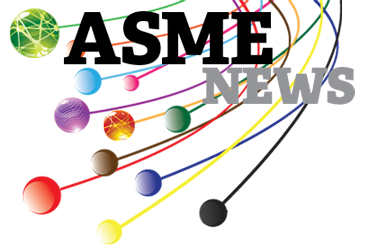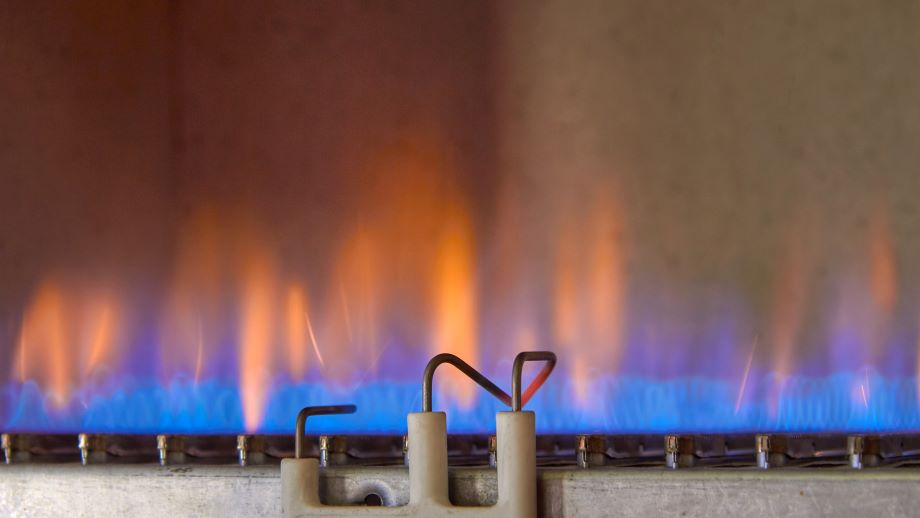Students Put Their Simulation Skills to the Test at Inaugural ASME Challenge
Students Put Their Simulation Skills to the Test at Inaugural ASME Challenge

Students from around the globe competed in the finals of ASME's inaugural Innovative Design Simulation Challenge in Buffalo, N.Y., on Aug. 17. There were 13 students competing in three software simulation categories. One competitor presented via Skype from Venezuela.
This final round of competition was held in conjunction with the Advanced Design and Manufacturing Impact Forum and the 2014 ASME International Design Engineering Technical Conferences & Computers and Information in Engineering Conference (IDETC/CIE).
In the Custom Software Category, Göknur Sirin, from Ecole Centrale Paris, France, won for Best Impact Simulation for Framework Process Design, for a simulation designed to improve efficiency in the design of automobiles through the early detection of inconsistencies in computer models. Prof. Bernard Yannou was the faculty advisor for the team.

Also in the Custom Software Category, Nathan Daley, Nick Selby and Jia Li Liu at the Georgia Institute of Technology won for Best Utility Simulation for Product Design. The students, who were supervised by Prof. Thomas Stone, computed through various simulation iterations, each part of an automobile drivetrain. Their goal was to determine the optimal differential gear for best performance in a quarter-mile drag race.
In the Open Software category, Sohail Reddy from Florida International University under the guidance of Prof. George Dulikravich, won for Best Overall Impact Simulation for the modeling of airflow around airplane wings, to determine the optimal design of winglets.
Also, in the Open Software category, Niti Agrawal and Vivek Nagal from IIT Kharagpur, India, won the Best Scientific Simulation Impact Award. The students, under the guidance of Prof Venkatt Padmanabhan, modeled density fluctuations in nano-composites.

In the Commercial Software category, Darshan Sarojini, Akahay Varik, and Anirudh Katti of BMS College of Engineering, in Bangalore, India, won the Best Impact Simulation for Product Design. They determined how a chair might be built using bi-modal, bi-stabile properties, to assist a mobility-impaired person rise from a sitting to standing position. Prof. H.K. Rangavittal was the team's advisor.
In the Commercial Software Category, Henry Aguero, from Universidad Nacional Experimental Politecnica de Ias Fuerzas Armadas, Maracay, Venezuela, won the Best Impact Simulation for Process Design. Prof. Reyes Diaz was Aguero's advisor on the project. His simulation formulated the Numerical Model of thermo-fluid dynamic behavior of the air and gasses flowing in the pre-heater of a power plant. Aguero gave his presentation via Skype.

In the Mixed Software category, Alex Buehler from the University of Wisconsin Madison won the Best Integrated Design Tool Simulation Award. Buehler, who was supervised by Prof. Krishnan Suresh, demonstrated that a machine part could be designed, optimized using topology optimization software, and manufactured in a 3D printer in one hour from start to finish.
The advisors for each winning simulation received a faculty advisor award for their work with the students. The students will be conducting ASME facilitated webinars to share their simulations and lessons learned with students worldwide.




